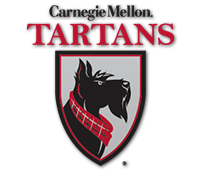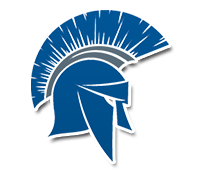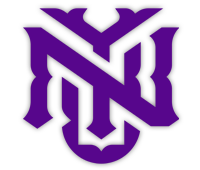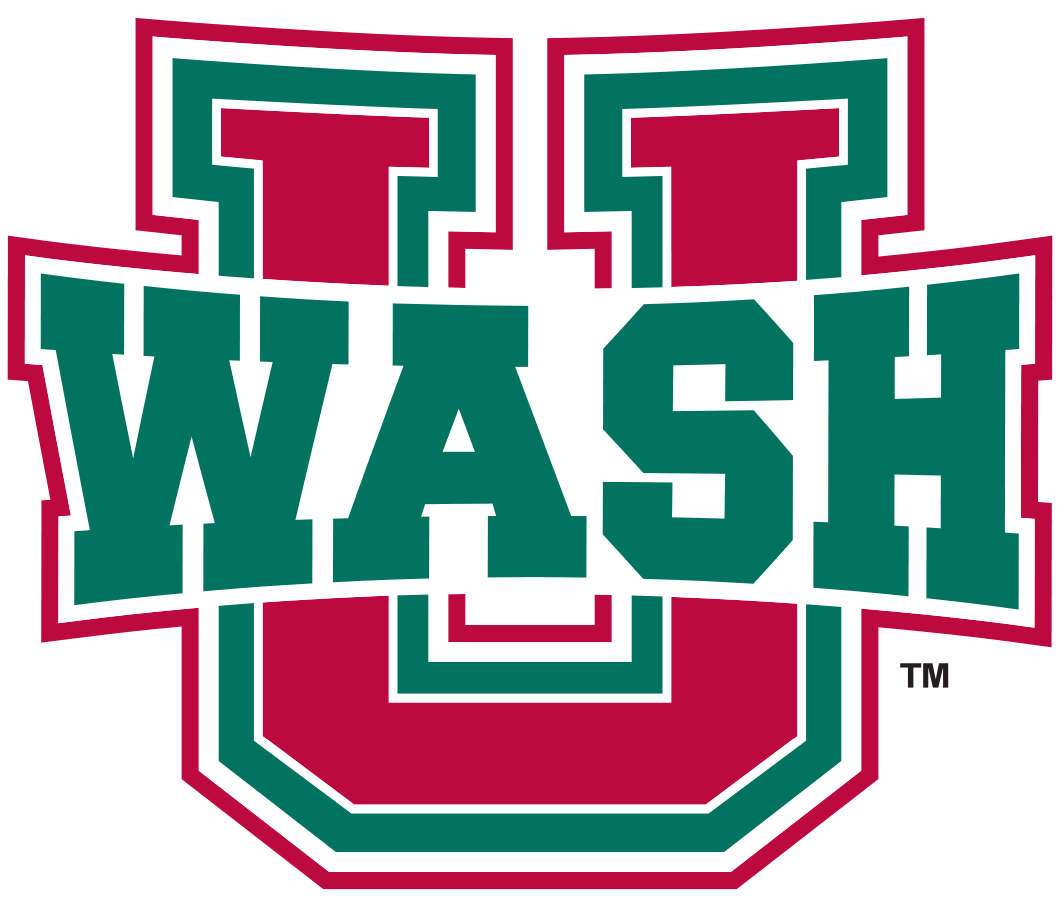
Misha Jackson is in her fourth season as head coach of the Emory women’s basketball program, and in 2019, led the Eagles to their first NCAA tournament bid since her senior season as a player at Emory in 2013. She served as an assistant coach for the Eagles since 2013-14 and was named interim head coach in October 2017 before being officially named head coach in March 2018. Jackson earned first team All-Association honors and honorable mention All-America honors as a senior.
The UAA “Conversations About Race and Racism” series seeks to lift the voices of people of color and recognize the challenges faced in both athletics and academics at the collegiate level. By sharing personal stories, we hope to elevate the conversation about race to raise awareness and bring about change.
“Speaking So Well”
Jackson acknowledges that she has been in some privileged environments in her life, shielding her from experiencing extreme racial bias. “I know there have been microaggressions that I may not have known about or understood when I was younger. One that I have faced throughout my life is people telling me that I speak so well,” she expressed. “Even when I was an assistant coach running camps or going to tournaments, parents would comment on how well I speak. My parents paid a lot of money for me to attend private schools from kindergarten through college. My mom would come unglued if I spoke poorly!”
She has seen it happen with Black student-athletes as well. “One of our players gave a senior speech. It was so moving and had everyone crying. Parents said that ‘she speaks so well,’” she recollected. “One time I was talking to (former assistant coach) Sammi (Goldsmith), who gave great campus tours, and asked her if anyone ever commented on how eloquently she spoke. No one ever did. People are expecting a different form of speech from me and are surprised that I went to a prestigious school. They don’t always directly say it, but you can see it from their reactions.”
Another affront she remembers clearly is from when she was applying to colleges. “Being in Georgia, I applied to UGA (University of Georgia) because that’s just what we did. The early decision/action form was so easy, so I filled it out quickly. A classmate asked me if I put my race down and when I said no, she said ‘You definitely would have gotten in.’ That made no sense to me. I had a 4.0 grade point average in all these AP (advanced placement) classes. I knew I would get in,” she communicated. “It is those microaggressions that I find offensive. What you are really saying is that you are surprised I am educated or not speaking Ebonics… that I sound like you. Breaking down many microaggressions, what people mean is that white is educated and Black is not.”
READ MISHA'S FULL STORY:
























